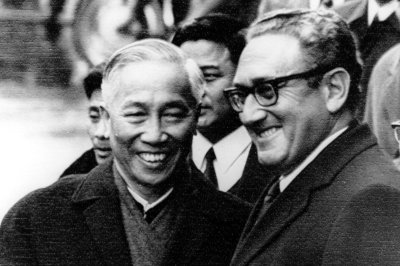Topic: William Jennings Bryan
Quotes
Destiny is not a matter of chance; it is a matter of choice. It is not a thing to be waited for; it is a thing to be achieved
The Almanac -- weekly Mar 09, 2010
Destiny is not a matter of chance; it is a matter of choice. It is not a thing to be waited for; it is a thing to be achieved
The almanac Mar 19, 2010
Destiny is not a matter of chance; it is a matter of choice. It is not a thing to be waited for; it is a thing to be achieved
The almanac Mar 19, 2011
William Jennings Bryan (March 19, 1860 – July 26, 1925) was an American politician in the late-19th and early-20th centuries. He was a dominant force in the liberal wing of the Democratic Party, standing three times as its candidate for President of the United States (1896, 1900 and 1908). He served in the United States Congress briefly as a Representative from Nebraska and was the 41st United States Secretary of State under President Woodrow Wilson, 1913-1916. Bryan was a devout Presbyterian, a supporter of popular democracy, an enemy of gold, banks and railroads, a leader of the silverite movement in the 1890s, a peace advocate, a prohibitionist, and an opponent of Darwinism on religious grounds. With his deep, commanding voice and wide travels, he was one of the best known orators and lecturers of the era. Because of his faith in the goodness and rightness of the common people, he was called "The Great Commoner."
In the intensely fought 1896 and 1900 elections, he was defeated by William McKinley but retained control of the Democratic Party. With over 500 speeches in 1896, Bryan invented the national stumping tour, in an era when other presidential candidates stayed home. In his three presidential bids, he promoted Free Silver in 1896, anti-imperialism in 1900, and trust-busting in 1908, calling on Democrats to fight the trusts (big corporations) and big banks, and embrace anti-elitist ideals of republicanism. President Wilson appointed him Secretary of State in 1913, but Wilson's strong demands on Germany after the Lusitania was torpedoed in 1915 caused Bryan to resign in protest.
After 1920 he was a strong supporter of Prohibition and energetically attacked Darwinism and evolution, most famously at the Scopes Trial in 1925. Five days after winning the case, he died in his sleep.
It uses material from the Wikipedia article "William Jennings Bryan."







